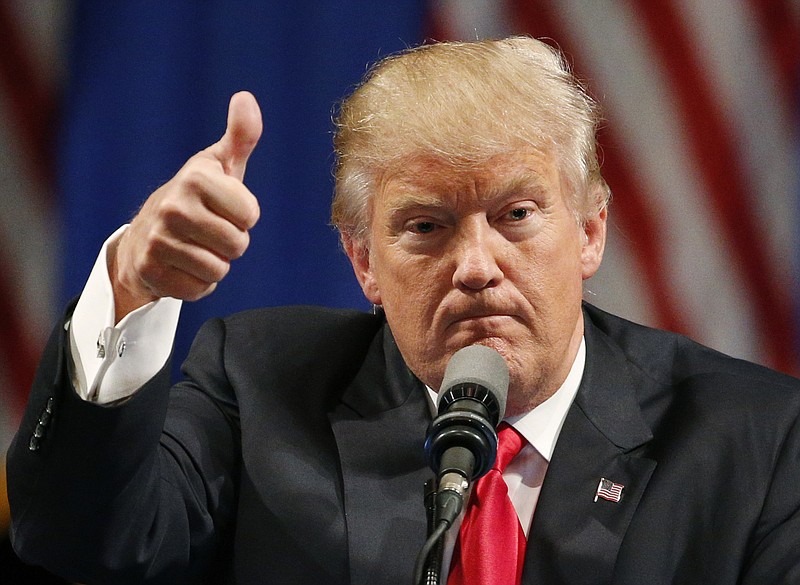Have we been here before? I know - it feels as if the internet, virtual reality, Donald Trump, Facebook, sequencing of the human genome and machines that can reason better than people constitute a change in the pace of change without precedent. But we've actually been through an extraordinarily rapid transition like this before in history - a transition we can learn a lot from.
Ian Goldin, director of the Oxford Martin School at Oxford University, and Chris Kutarna, also of Oxford Martin, have just published a book - "Age of Discovery: Navigating the Risks and Rewards of Our New Renaissance" - about lessons we can draw from the period 1450 to 1550, known as the Age of Discovery. It was when the world made a series of great leaps forward, propelled by da Vinci, Michelangelo, Copernicus and Columbus, that produced the Renaissance and reshaped science, education, manufacturing, communications, politics and geopolitics.
"Gutenberg's printing press provided the trigger," Goldin told me by email, "by flipping knowledge production and exchange from tight scarcity to radical abundance. Before that, the Catholic churches monopolized knowledge Within 50 years, not only had scribes lost their jobs, but the Catholic Church's millennia-old monopoly of power had been torn apart as the printing of Martin Luther's sermons ignited a century of religious wars."
Meanwhile, Goldin added, Copernicus upended the prevailing God-given notions of heaven and earth "by finding that far from the sun revolving around the Earth, the Earth rotated around the sun" and "voyages of discovery by Columbus, da Gama and Magellan tore up millennia-old maps of the 'known' world."
Those were the mother of all disruptions and led to the parallels with today.
"Now, like then, new media have democratized information exchange," said Goldin. "Now, like then, public leaders and public institutions have failed to keep up with rapid change, and popular trust has been deeply eroded." Now, like then, "this is the best moment in history to be alive" - human health, literacy, aggregate wealth and education are flourishing."
And, yet many people feel worse off.
Because, as in the Renaissance, key anchors in people's lives - like the workplace and community - are being fundamentally dislocated. Now, like then, said Goldin, "sizable parts of the population found their skills were no longer needed, or they lived in places left behind, so inequality grew."
Was there a Donald Trump back then?
"Michelangelo and Machiavelli's Florence suffered a shocking popular power-taking when Girolamo Savonarola, a midlevel friar from Ferrara, who lived from 1452 to 1498, exploded from obscurity in the 1490s to enthrall Florentines, who felt left behind economically or culturally, with sermons that laid blame upon the misguided policies and moral corruption of their leaders," said Goldin. "He and his zealous supporters, though a small minority, swept away the Medici establishment and seized control of the city's councils.
"From there, Savonarola launched an ugly campaign of public purification, introducing radical laws including against homosexuality, and attacked public intellectuals in an act of intimidation that history still remembers as the Bonfire of the Vanities."
The establishment politicians of the day, who were low energy, "underestimated the power of that new information revolution to move beyond scientific and cultural ideas" to amplify populist voices challenging authority.
Yikes! How do we blunt that?
"More risk-taking is required when things change more rapidly, both for workers who have to change jobs and for businesses who have to constantly innovate to stay ahead," Goldin argued. Government's job is to strengthen the safety nets and infrastructure so individuals and companies can be as daring - in terms of learning, adapting and investing in themselves - as they need to be. At the same time, when the world gets this tightly woven, America "needs to be more, not less, engaged, with the rest of the world," because "the threats posed by climate change, pandemics, cyberattacks or terror will not be reduced by America withdrawing."
Then, as now, walls stopped working. "Cannons and gunpowder came to Europe that could penetrate or go over walls and books could bring ideas around them," he said. Then, like now, walls only made you poorer, dumber and more insecure.
